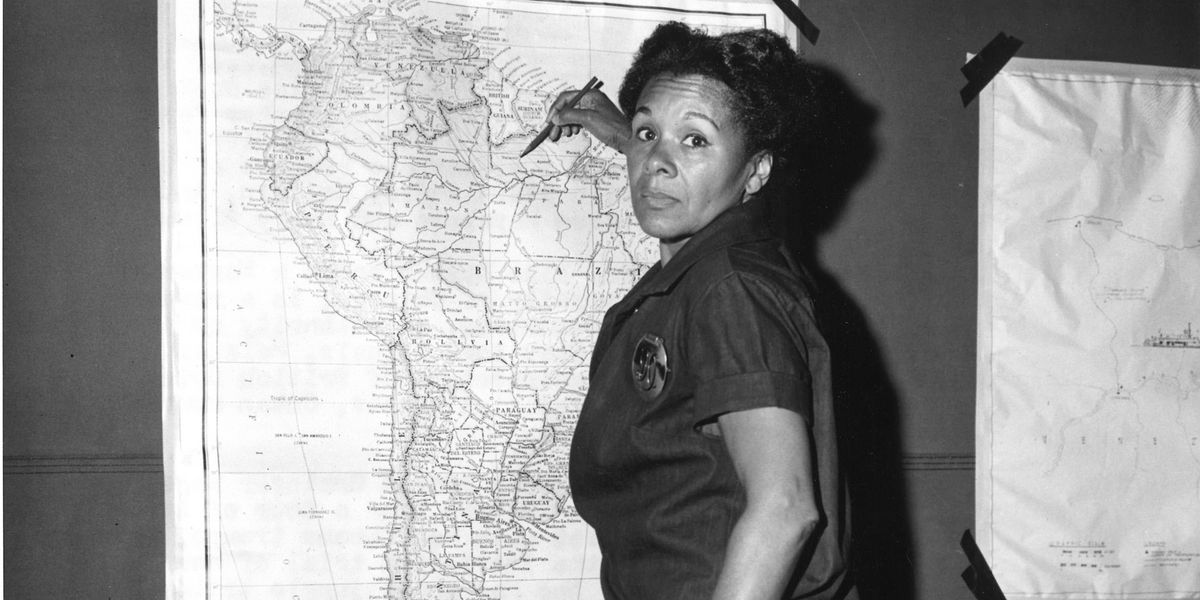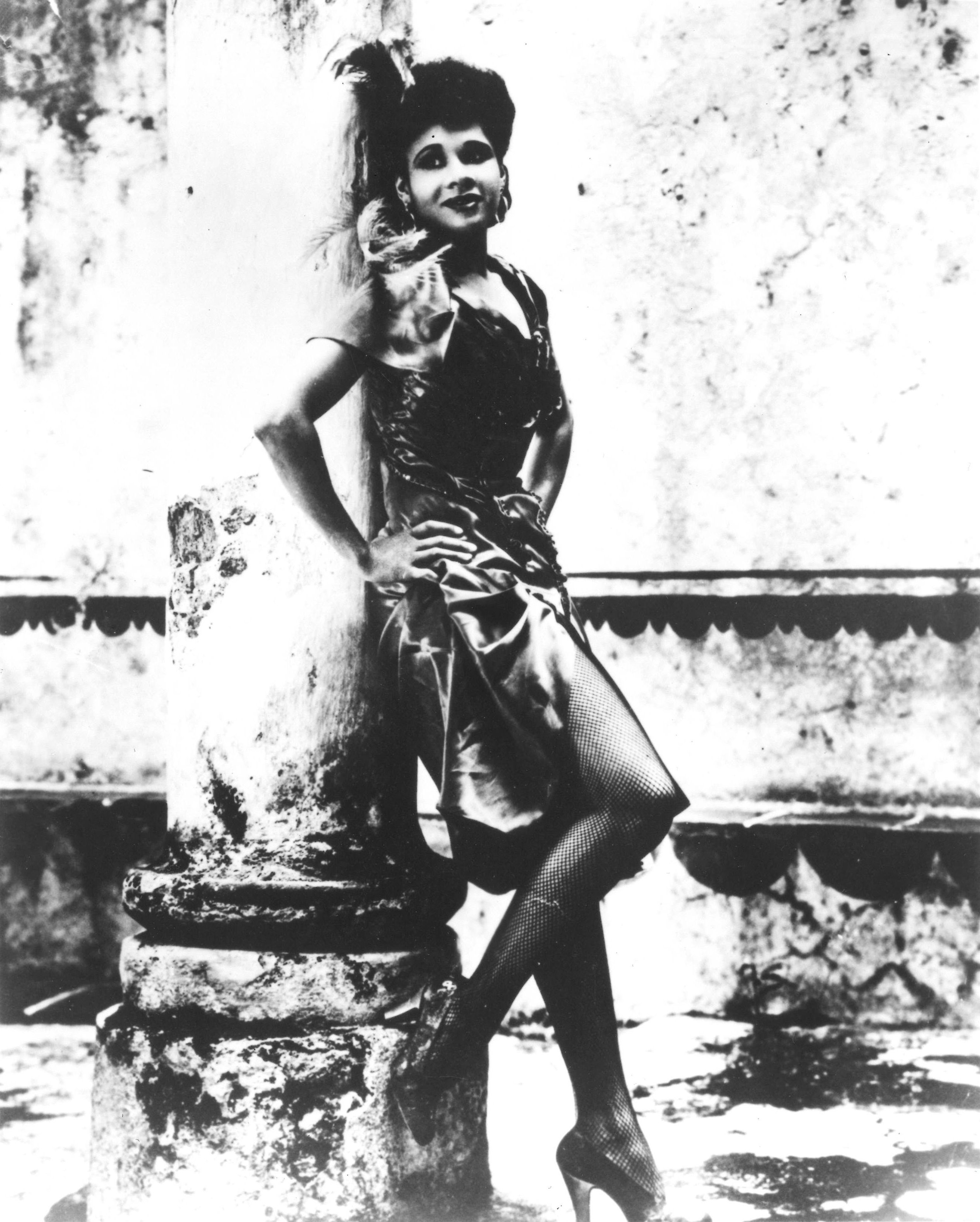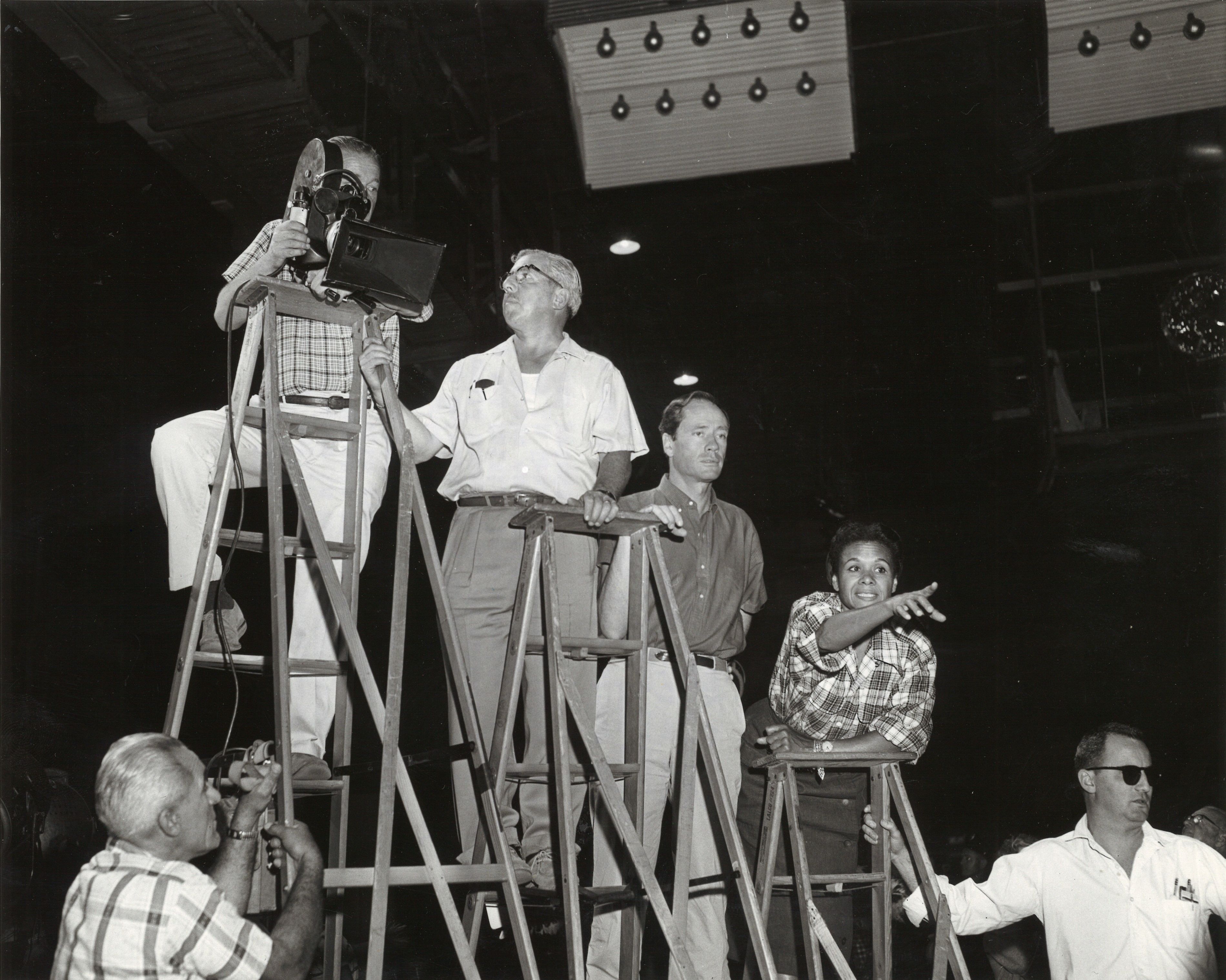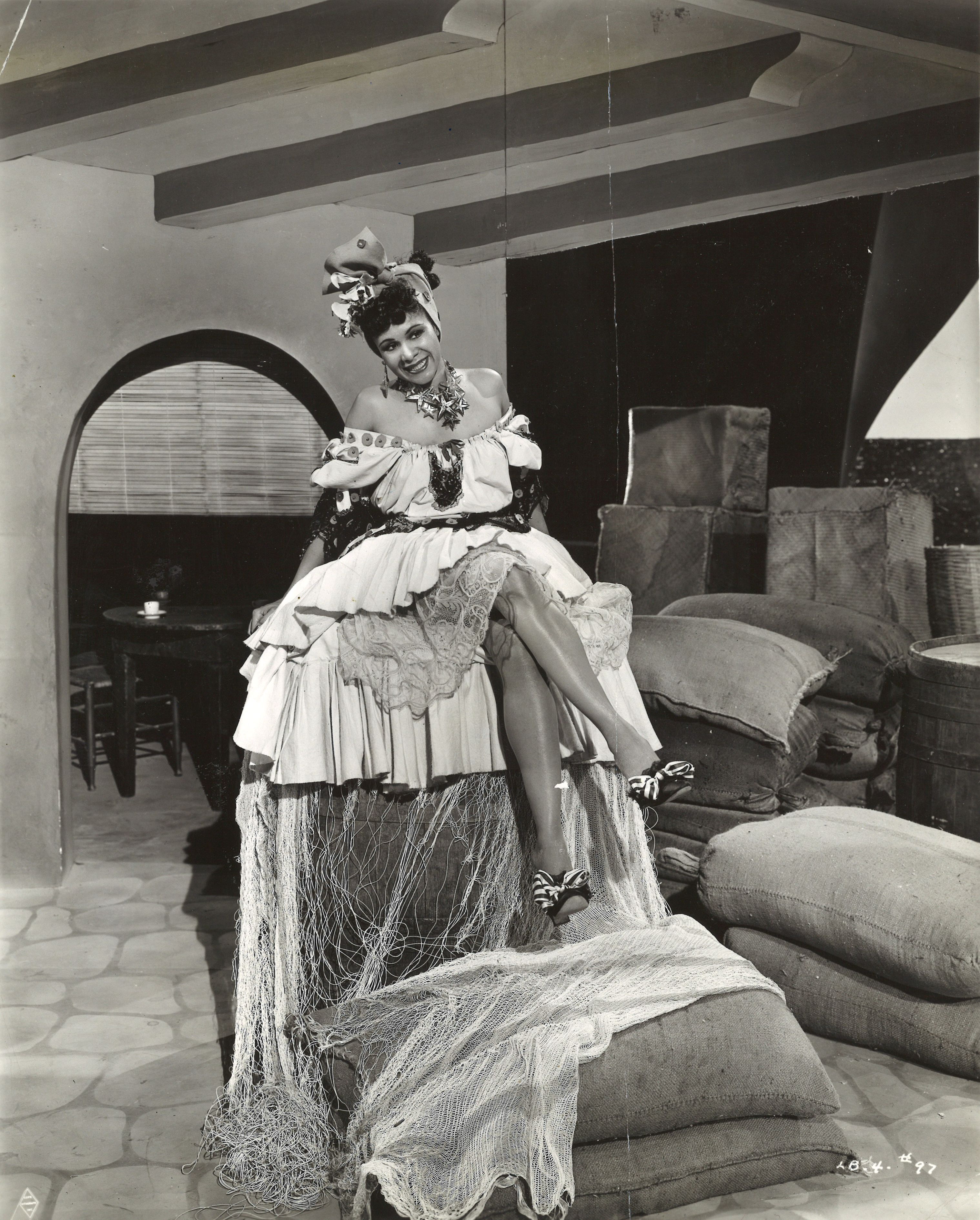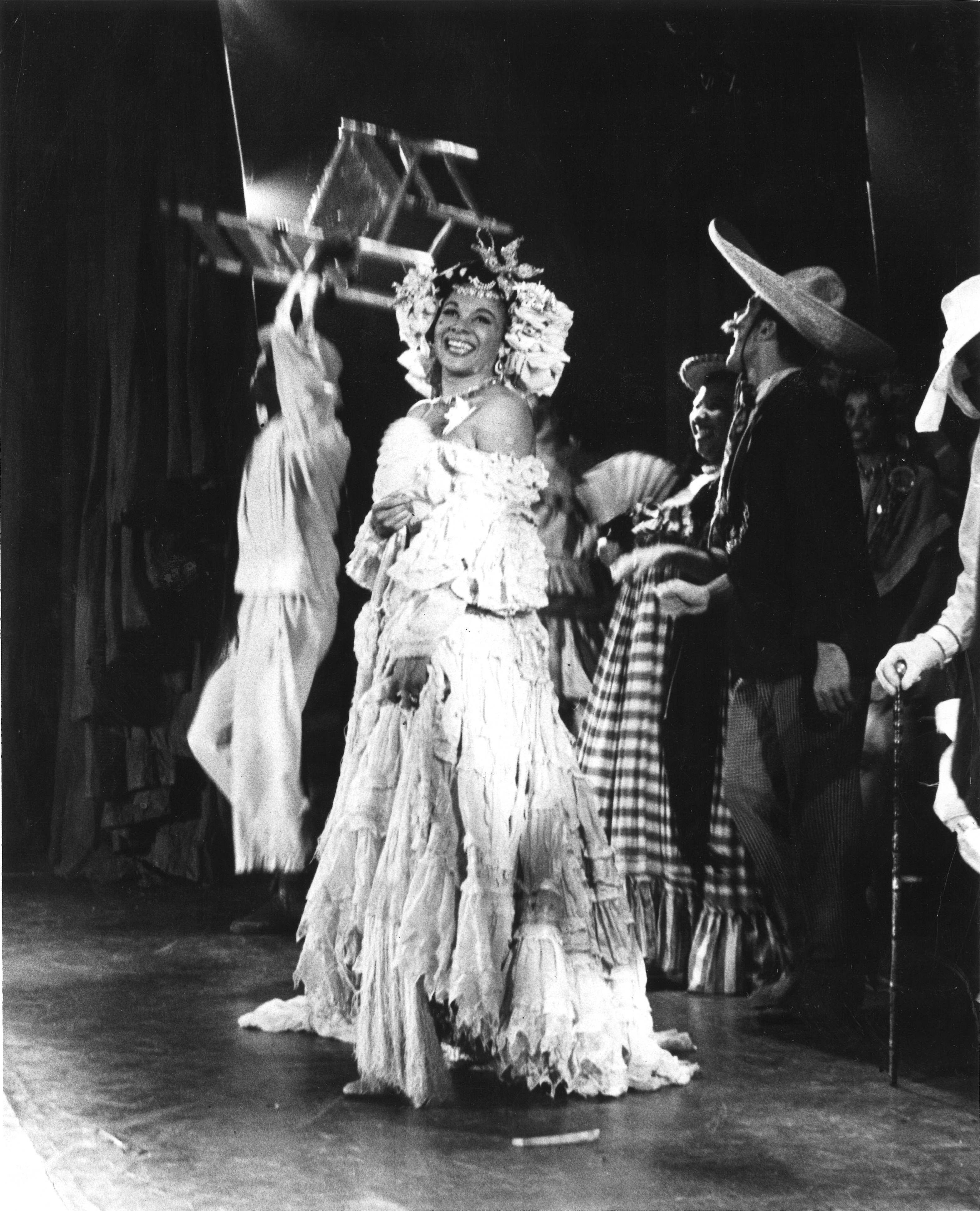#TBT: How Katherine Dunham's Marriage of Anthropology and Artistry Shaped Modern Dance
To call Katherine Dunham a trailblazer is something of an understatement. She was the first American to present indigenous dance on the concert stage, the force behind the first self-supporting Black dance company in the U.S., an unflinching proponent of racial equality and the creator of one of modern dance’s foundational techniques.
Born June 22, 1909, the Chicago native gained as much fame for her evocative performances as for her anthropological research, traveling to the Caribbean to immerse herself in cultures where dance was not merely entertainment, but a way of life. She brought back video footage, photographs and densely packed notebooks full of her observations.
In the May 1947 issue of Dance Magazine, she recalled: “I seemed always to live this sort of dual existence of having my intellect absorbed in searching out and annotating the real and authentic steps and movements, and an eye trained to see all of this color and movement and drama translated into theater idiom; and my notebooks, too, abound in marginal notes for use of the ‘real’ material in the theater when I returned home, for I was more than ever determined to have a group of dancers who would be able to show the people of the United States what others have contributed to our culture.”
Dunham received a Dance Magazine Award in 1969, was a Kennedy Center Honoree in 1983 and was awarded the National Medal of Arts in 1989.
